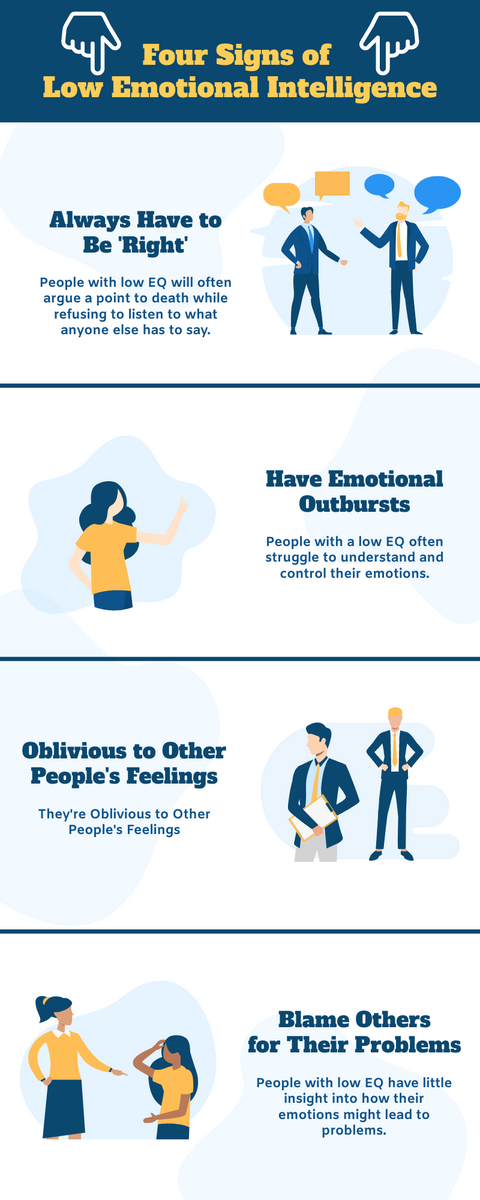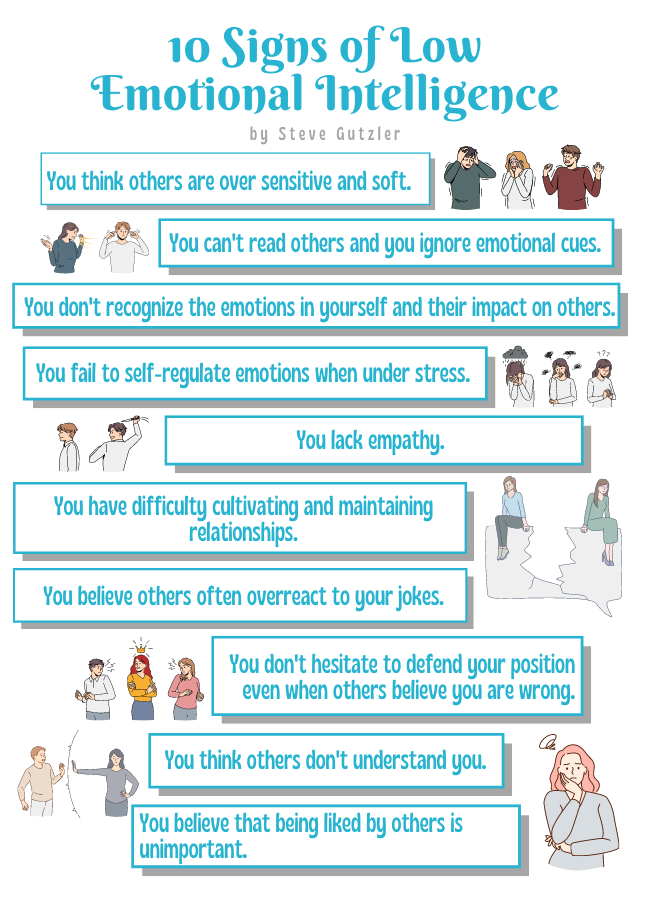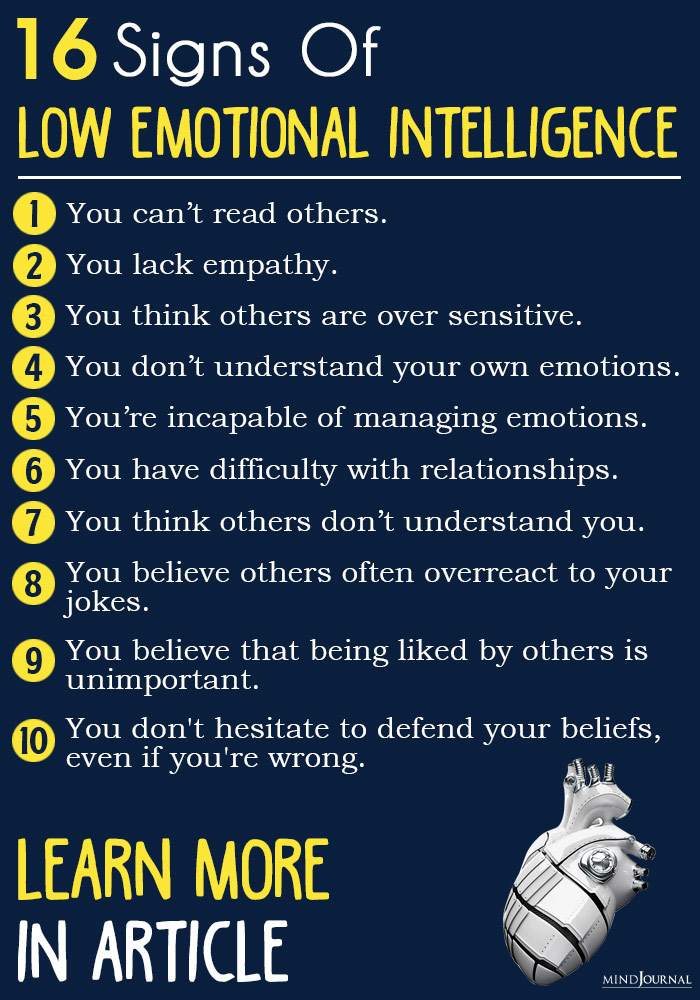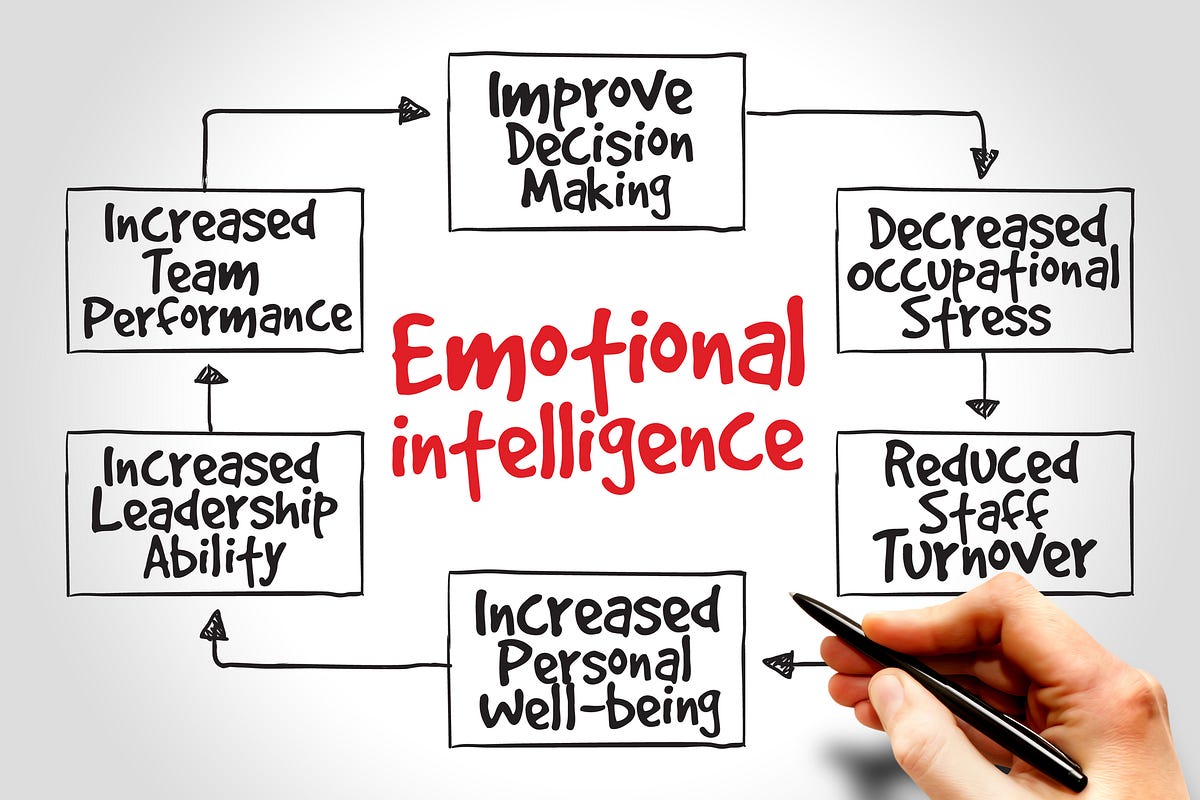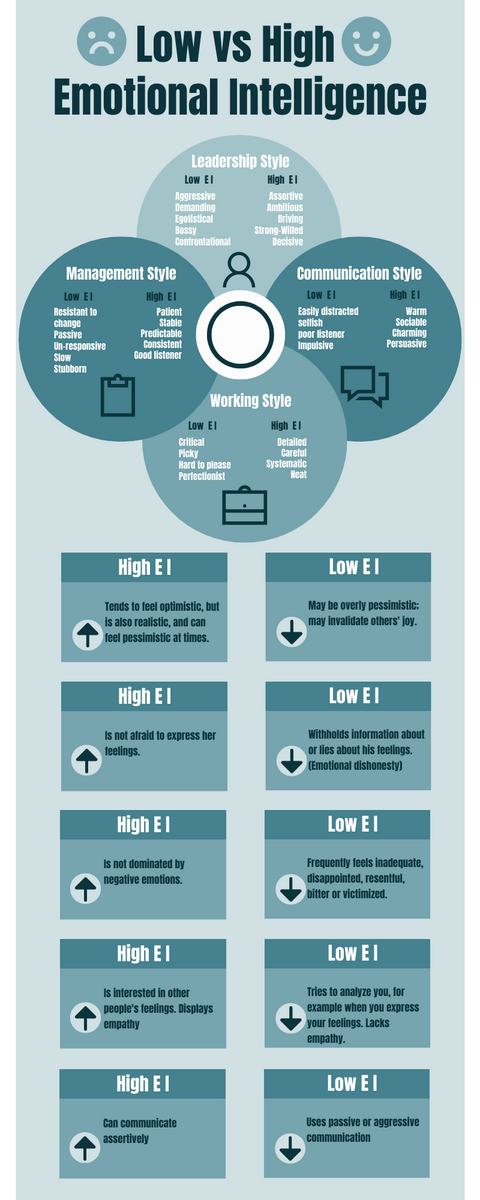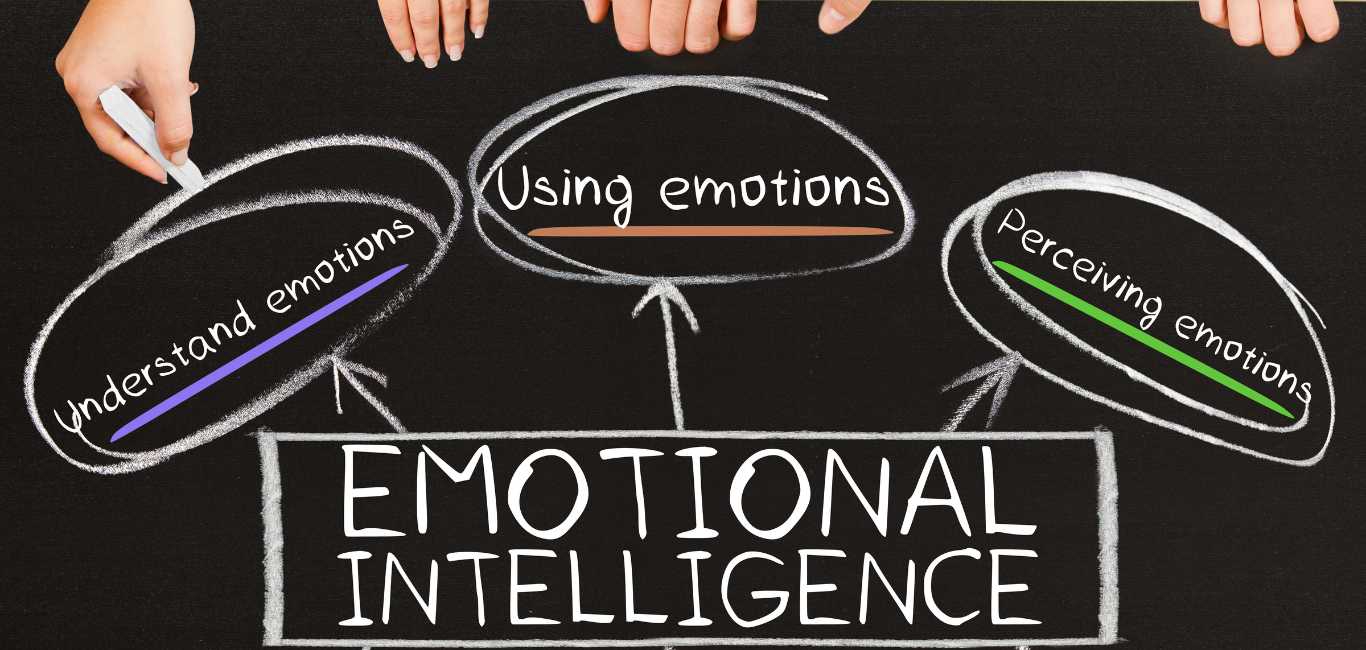Consequences Of Low Emotional Intelligence
:max_bytes(150000):strip_icc()/signs-of-low-emotional-intelligence-2795958_FINAL-5bd9d9fec9e77c0026409a53.png)
In a society increasingly emphasizing collaboration and interpersonal skills, the subtle yet pervasive impact of low emotional intelligence (EI) is drawing increasing attention. While traditionally IQ held the spotlight, experts now recognize EI as a critical factor influencing success, well-being, and societal harmony. Deficiencies in this area can manifest in various detrimental consequences, affecting both individuals and the broader community.
At its core, emotional intelligence encompasses the ability to perceive, understand, manage, and utilize emotions effectively. This includes self-awareness, self-regulation, empathy, social skills, and motivation. Individuals lacking in these areas may struggle to navigate complex social situations, build strong relationships, and achieve their full potential.
Personal and Professional Repercussions
The consequences of low EI can be deeply personal. Studies have shown a strong correlation between low EI and increased stress levels, anxiety, and even depression. Individuals may struggle to manage their emotions in healthy ways, leading to impulsive behaviors, volatile reactions, and difficulty coping with adversity.
In the professional realm, the impact can be equally significant. According to a report by TalentSmart, a leading provider of emotional intelligence assessments, 90% of top performers have high EI. This indicates a strong link between EI and workplace success.
Those with low EI may struggle to collaborate effectively with colleagues, leading to conflict and decreased productivity. They may also face challenges in leadership roles, as they are less able to inspire and motivate their teams. This is especially true in roles requiring strong communication and interpersonal skills.
Furthermore, individuals with low EI may experience difficulty building and maintaining professional relationships. They may be perceived as insensitive, aloof, or even aggressive, hindering their ability to network and advance in their careers. Poor communication can result in misunderstandings, missed opportunities, and damaged professional reputations.
Impact on Relationships and Social Dynamics
Beyond the workplace, low EI can severely strain personal relationships. Individuals may struggle to empathize with their partners, friends, and family members, leading to misunderstandings and conflict. This can result in damaged relationships, loneliness, and social isolation.
Difficulty understanding and managing emotions can also contribute to poor parenting skills. Parents with low EI may struggle to respond to their children's emotional needs, leading to attachment issues and behavioral problems. This pattern can perpetuate across generations.
On a broader societal level, low EI can contribute to increased aggression, violence, and social unrest. When individuals are unable to manage their emotions effectively, they are more likely to resort to destructive behaviors. This can manifest in various forms, from bullying and harassment to hate crimes and political polarization.
Addressing the Issue: Opportunities for Growth
Despite the potentially serious consequences, emotional intelligence is not a fixed trait. It is a skill that can be developed and improved through targeted training and self-awareness. Many organizations and individuals are increasingly investing in EI training programs to address these challenges.
These programs often focus on teaching individuals how to recognize and understand their own emotions, as well as the emotions of others. They also provide strategies for managing emotions effectively, building empathy, and improving communication skills. The Consortium for Research on Emotional Intelligence in Organizations (CREIO) offers valuable resources on this.
"Developing emotional intelligence is crucial for creating a more empathetic and productive society," stated Dr. Maya Patel, a leading researcher in the field. "By investing in EI training, we can empower individuals to build stronger relationships, achieve their goals, and contribute positively to their communities."
Schools, workplaces, and communities all have a role to play in fostering emotional intelligence. By prioritizing EI development, we can mitigate the negative consequences of low EI and create a more harmonious and prosperous future for all. Further research and increased awareness are essential to addressing this pervasive societal issue.






